The S&B article “Grinnell College ranked worst school in the US for comfort expressing ideas” uses misleading statistics to fuel political projects that recenter and preserve white comfort. The S&B writes that 77% of Grinnell College students worry about damaging their reputation because something they say might be “misunderstood,” and 72% of students feel uncomfortable expressing “unpopular” political opinions in campus spaces. Focusing on two data points and exclusively interviewing people who allegedly self-censor creates a lopsided account that implies Grinnellians self-censor an extreme amount. According to the Foundation of Individual Rights and Expression’s (FIRE) survey, only 24% of Grinnellians self-censor more than once or twice a month, a number that is consistent with their findings at other colleges. Ignoring this was one of many irresponsible decisions The S&B made when writing the article.
The S&B’s second failure was not investigating or even questioning what exactly students self-censor. In order to better understand what Grinnellians self-censor, we looked at 109 publicly available responses to the FIRE’s survey questions. We used Ordinary Least Squares (OLS) regression to analyze the relationship between the frequency Grinnellians report self-censoring (question 20), worries about damage to their reputation (question 7), comfort expressing controversial opinions in public spaces (question 4), tolerance of anti-trans speech (question 14) and tolerance of anti-Black speech (question 16). We also controlled for demographic factors. We operationalize tolerance of anti-trans speech as responding “probably should” or “definitely should” to question 14: should your college allow or not allow a speaker on campus who previously expressed that transgender people have a medical disorder. We operationalize tolerance of anti-Black speech as responding “probably should” or “definitely should” to question 16: should your college allow or not allow a speaker on campus who previously expressed that Black Lives Matter is a hate group.
Figure 1: OLS Regression results for frequency of self-censorship

Students who worry more about damaging their reputation self-censor more frequently (Figure 1, Model 2) and students who feel less comfortable expressing views on a controversial political topic in common spaces self-censor more frequently (Figure 1, Model 2). We found that students who tolerate anti-Black speech self-censor more frequently than students who do not tolerate anti-Black speech (Figure 1, Model 3). We did not find a significant relationship between tolerating anti-trans speech and frequency of self-censorship (Figure 1, Model 3).
Our regression analysis shows that not all students who tolerate hate speech self-censor the same amount — instead, students who specifically tolerate anti-Black speech self-censor more frequently than students who do not tolerate anti-Black speech. We interpret this to mean that students use self-censoring to conceal their anti-Black beliefs (or at least their tolerance and acceptance of anti-Blackness). So, the “controversial political topics” that The S&B article and FIRE survey reference are more accurately understood as opinions grounded in anti-Black racism. By neglecting to clarify or question what students were self-censoring, The S&B obscured racism as the elephant in the room. This was irresponsible journalism, to say the least.
Efforts to hold students accountable or encourage them to deconstruct their “controversial” opinions are not threats to “free speech” but a movement to build a safe community for Black, Indigenous and People of Color (BIPOC) students. By only interviewing students who allegedly self-censor, the article assumes that individual freedom of speech without accountability is one of the most important shared values at Grinnell. While some students are asking themselves “Do I feel censored? Am I able to practice my freedom of speech? Do I feel comfortable sharing opinions in class?” other students are asking themselves, “How do my actions and words communicate and reflect care for those around me? How do I contribute to building a community that is safe for my peers? Will my community protect me if I am not safe?” Many BIPOC students engage in a continual self-reflective process of anticipating how our words are perceived and contributing to systems of power. For us, this is just living — being thoughtful members of a community. But when white students are asked to engage in the potential discomfort of internal reckoning and decentering the individual, they find it threatening.
Another reason why this article was disheartening and appalling was the complete disregard for Grinnell’s contemporary and physical context. The same day we read this article, we were walking home from Solera, when a car of three white guys pulled up next to us and yelled “Nihao” and “f*** you.” We situate this relatively minor instance of hate speech amongst a larger pattern of racial violence at Grinnell. In conversations about “free” versus hate speech and comfort versus safety, we encourage you to recall the ways Black Student Union (BSU) members exhausted themselves fighting for their physical safety and dignity in response to anti-Black hate speech and crimes just last year. While some fear being called racist, others fear experiencing racism itself.
In conversations about censorship, think of Iowan teachers who are censored and forced out of their profession by anti-critical race theory legislation. Think of your peers, pro-Palestine student activists nationwide being actively mass-censored, suspended and arrested.
As a newspaper, it is The S&B’s job to consider how this poll should be contextualized and framed. The S&B only focused on two data points, interviewed students who confirmed the rankings, and framed the issue of censorship only in terms of partisan politics. The S&B does not consider how the article fuels the larger backlash against movements that decenter white comfort to build educational communities that are safe for BIPOC students.
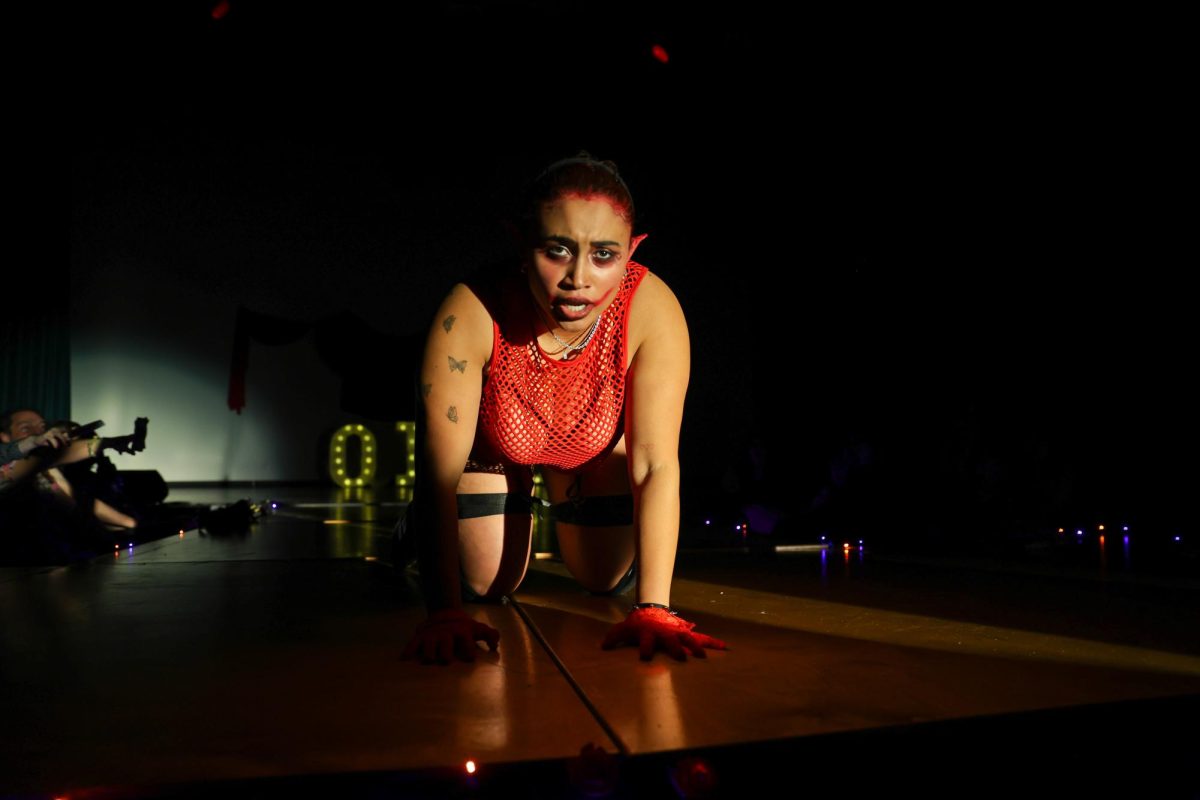
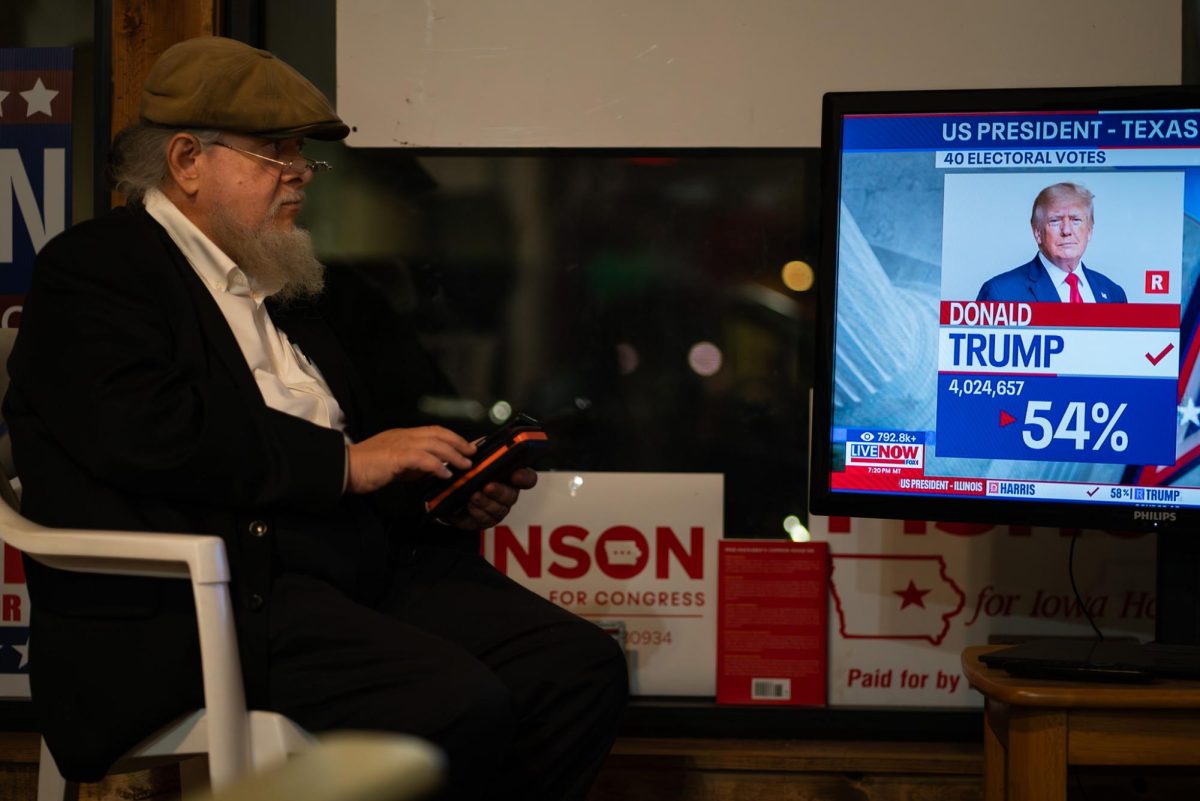
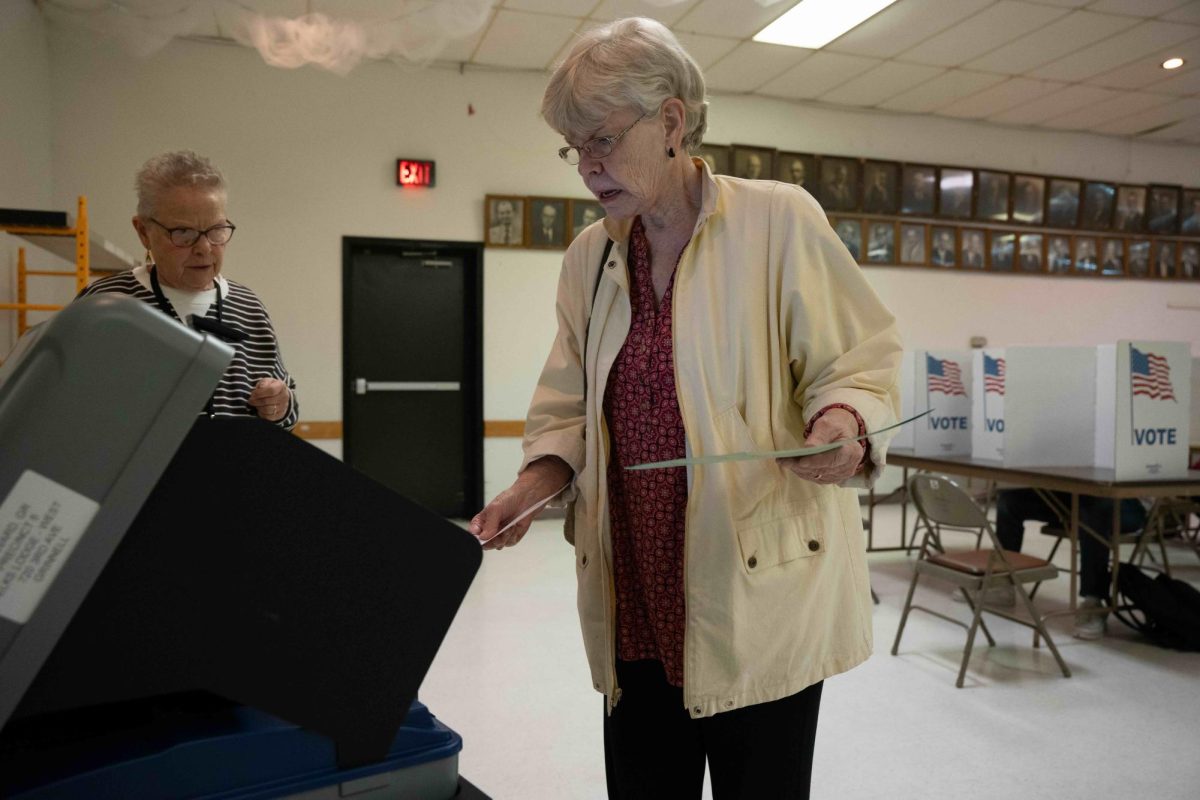
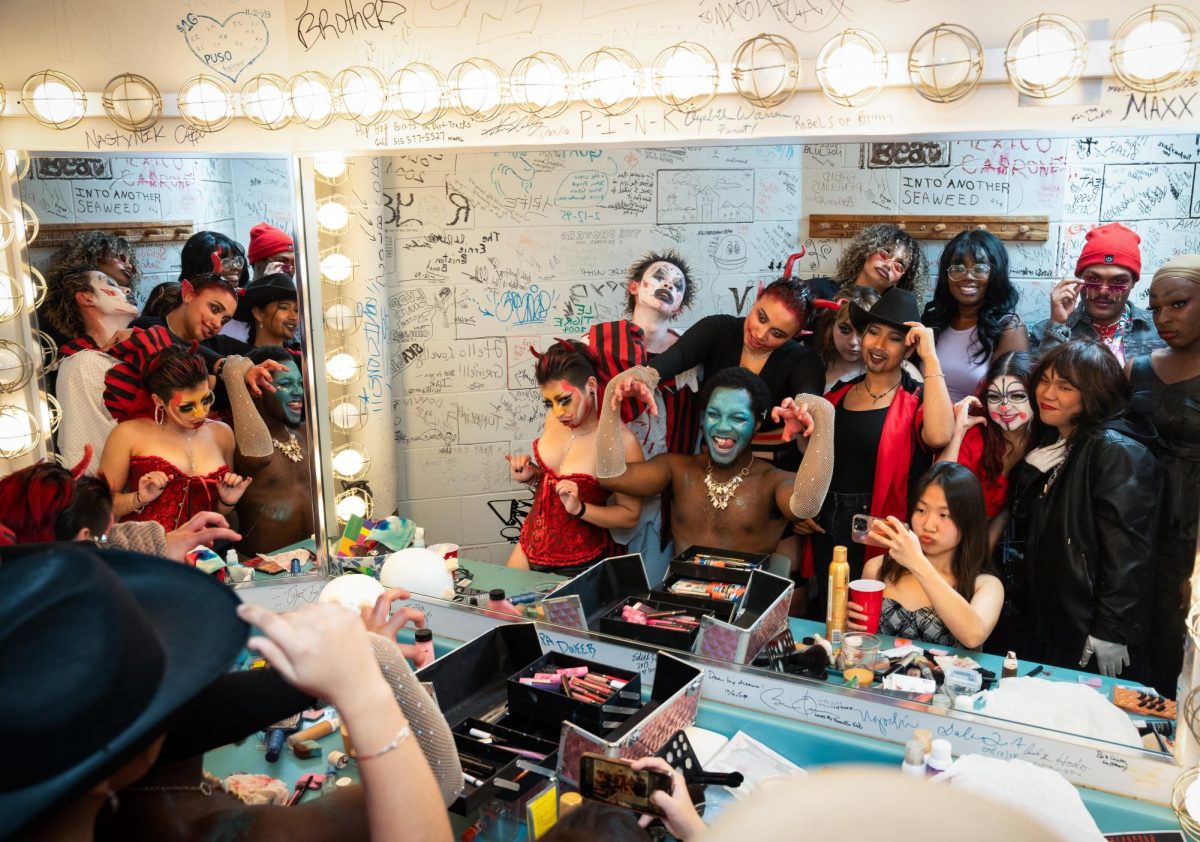

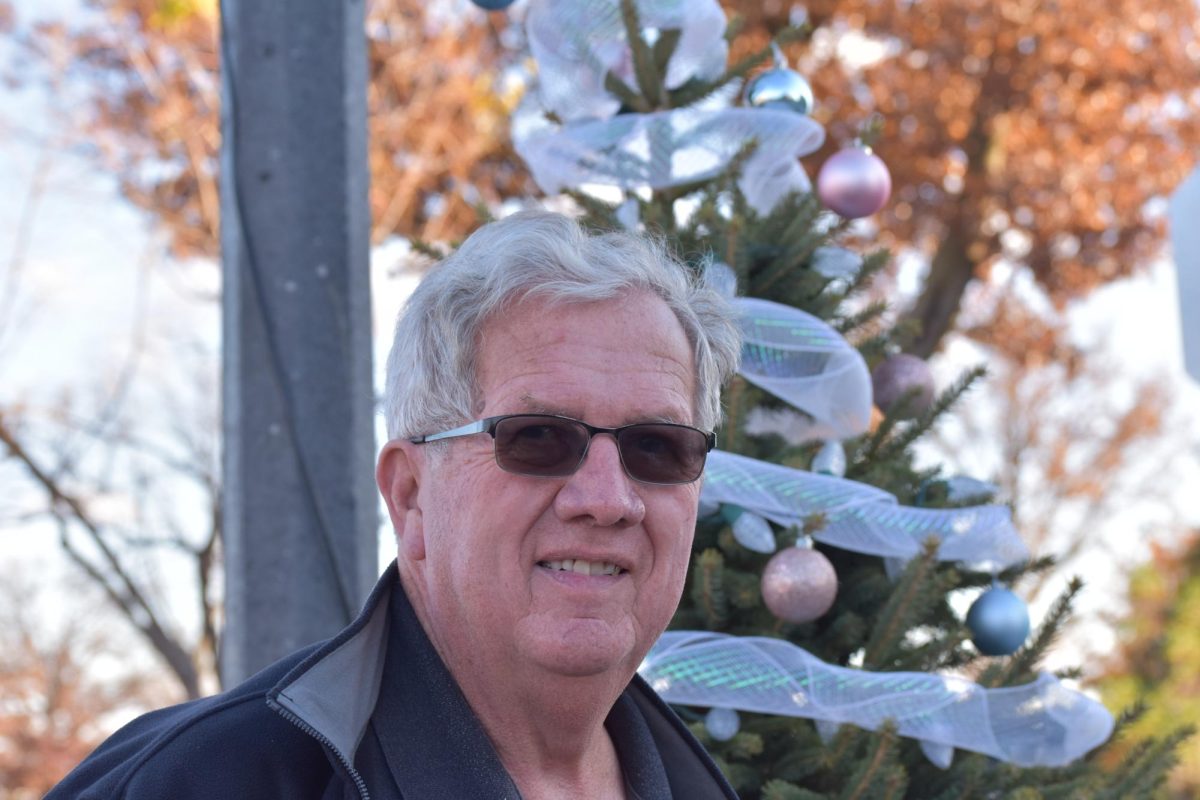
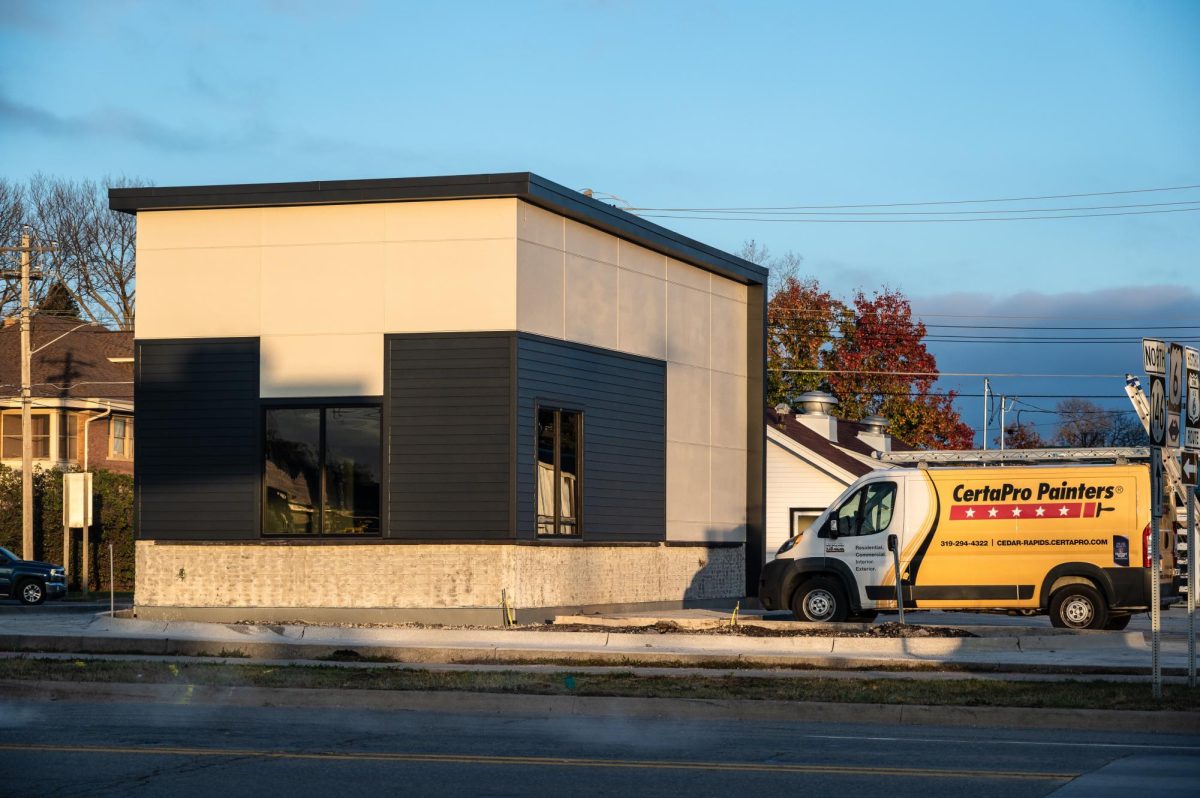
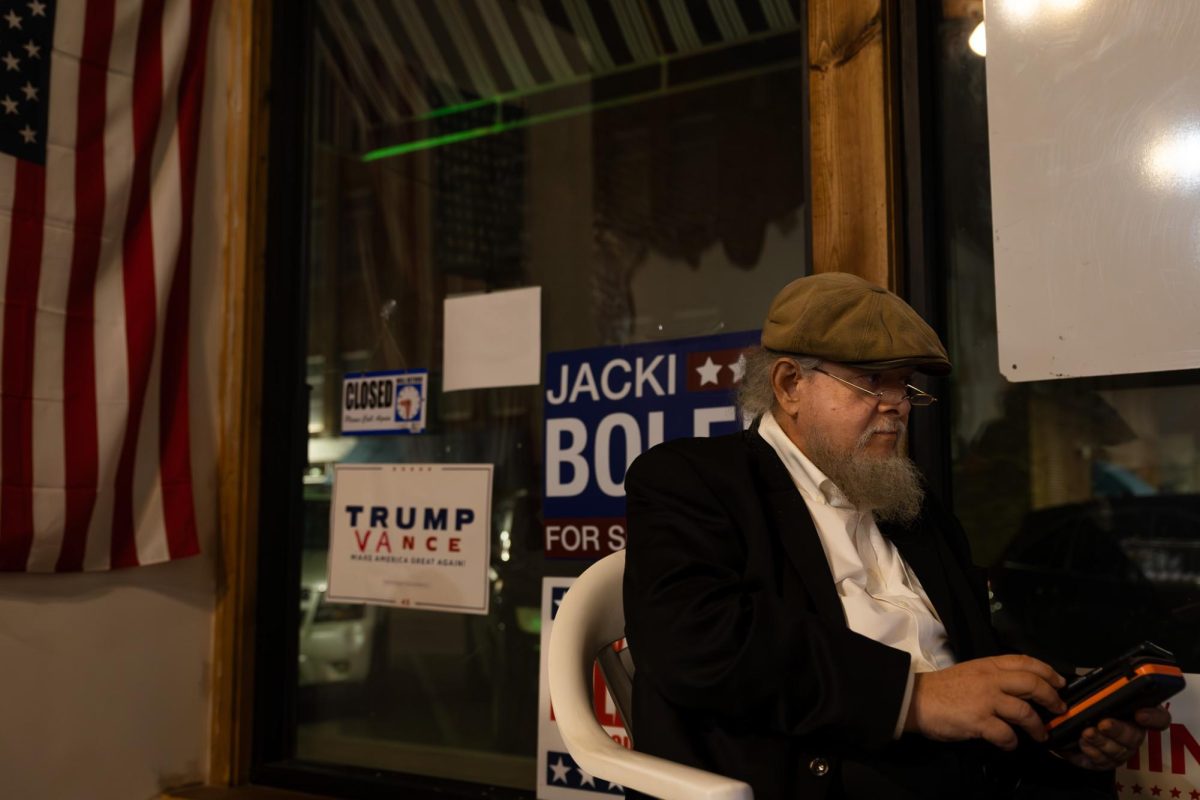

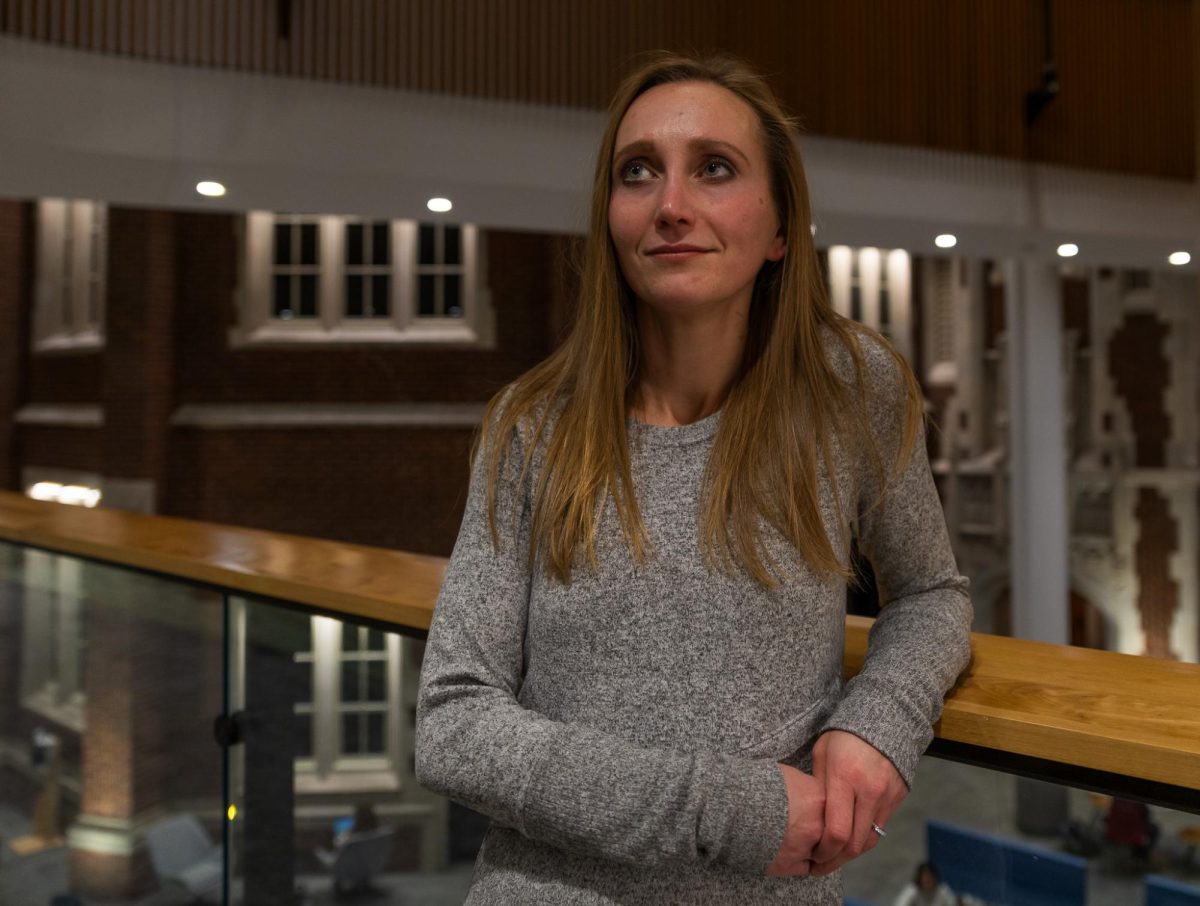
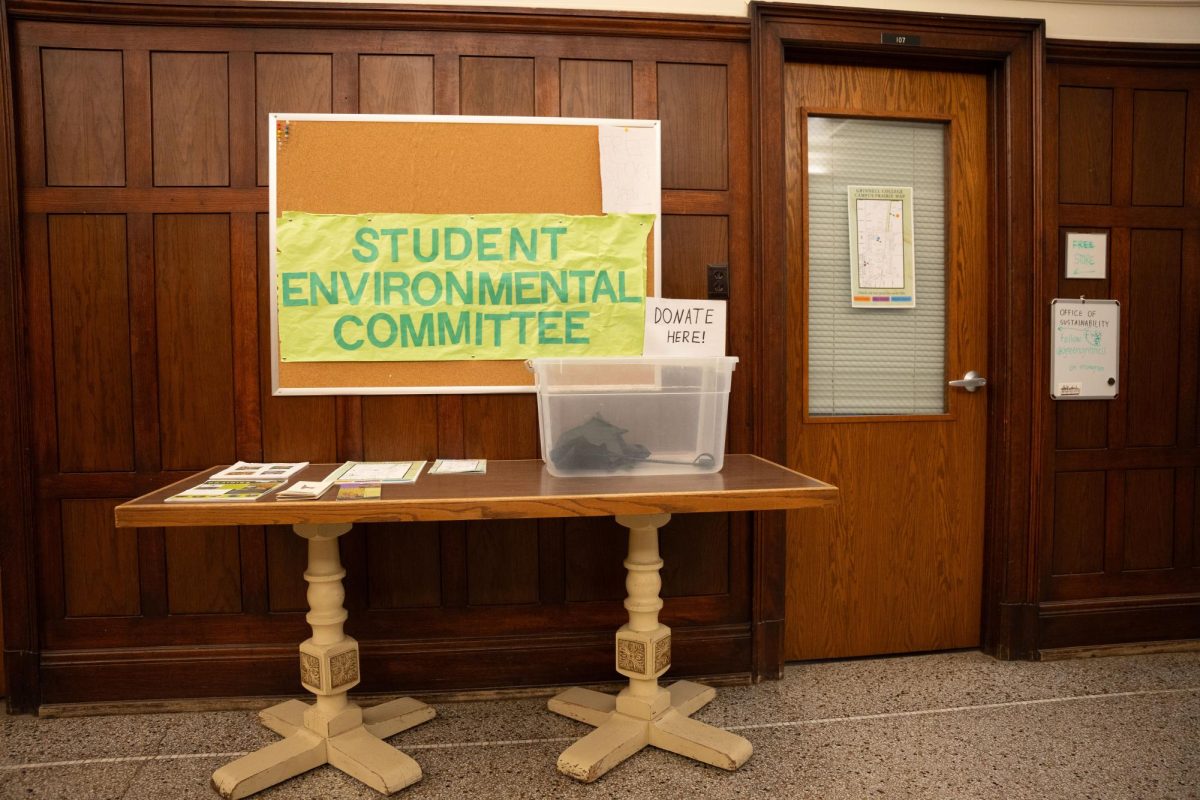
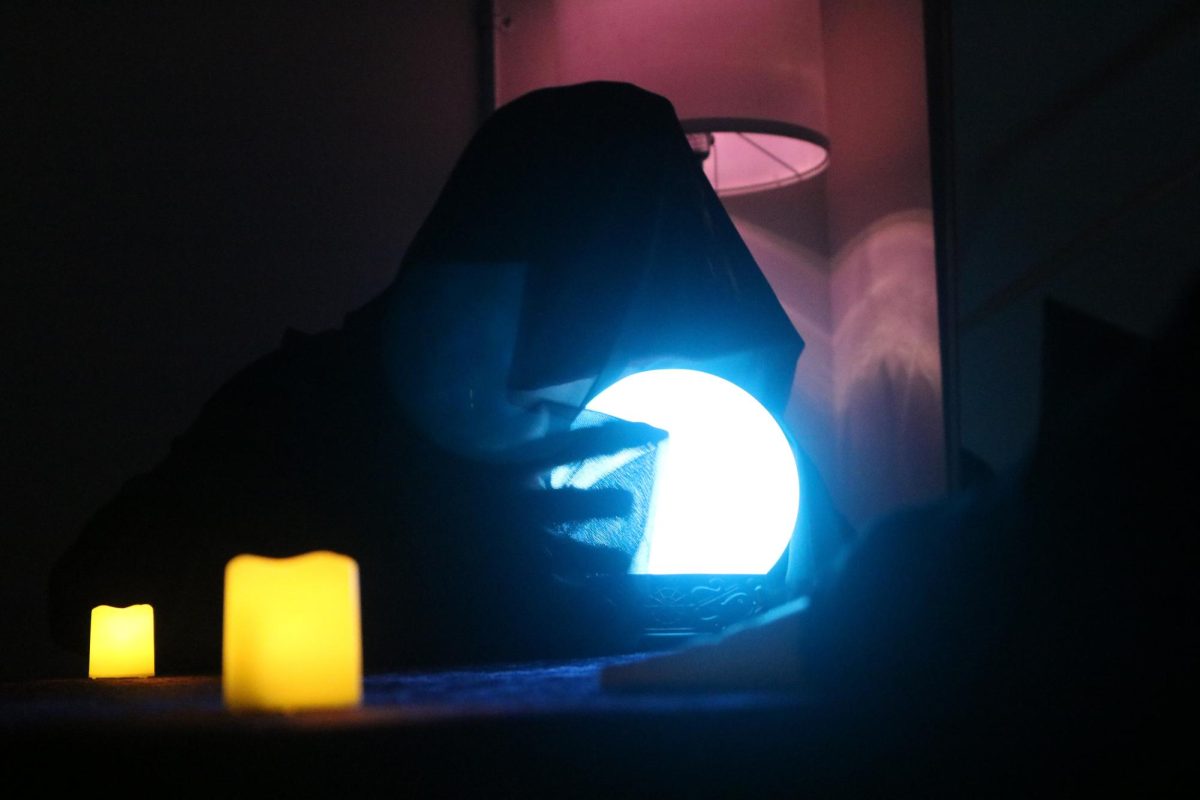
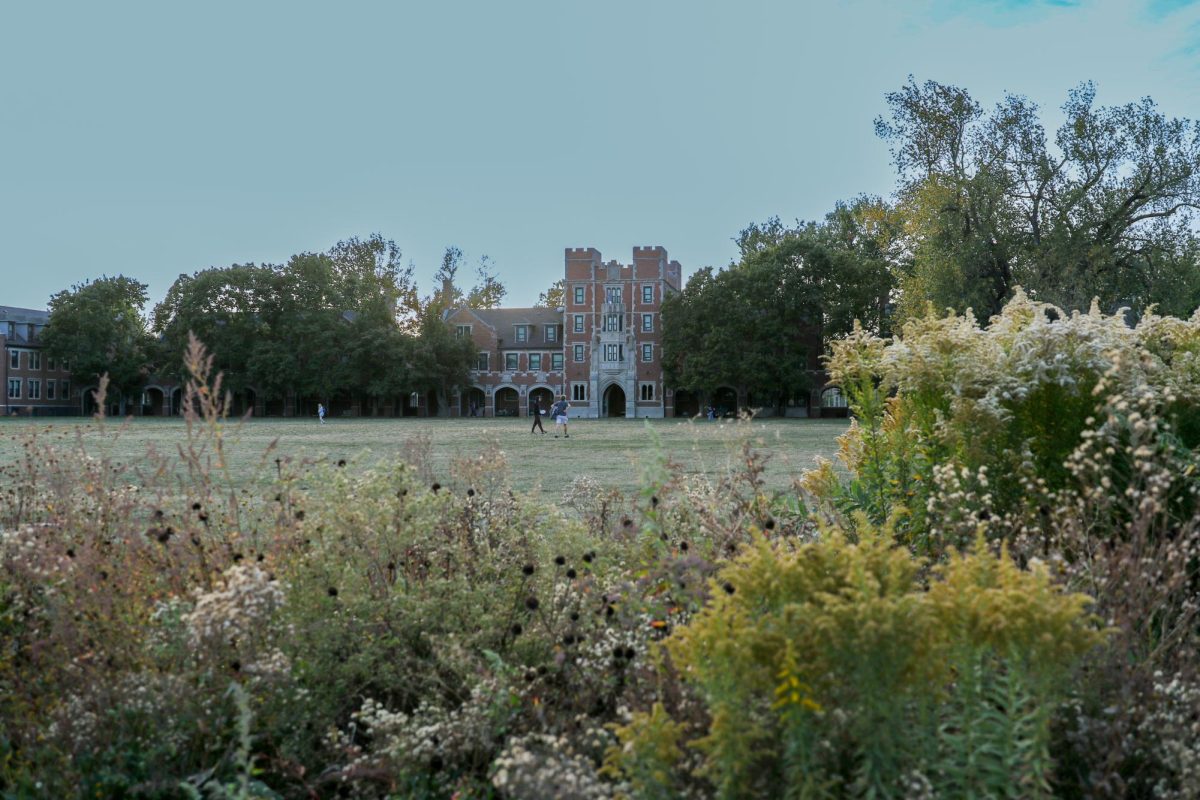



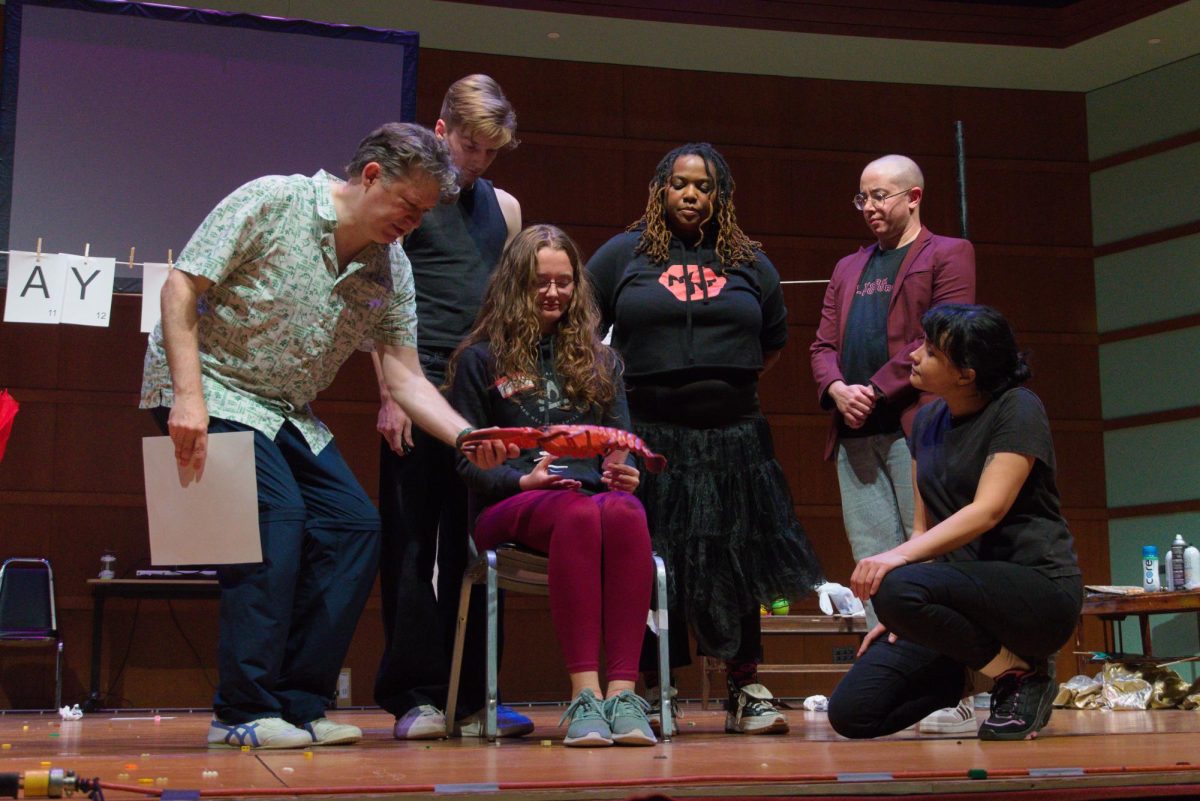
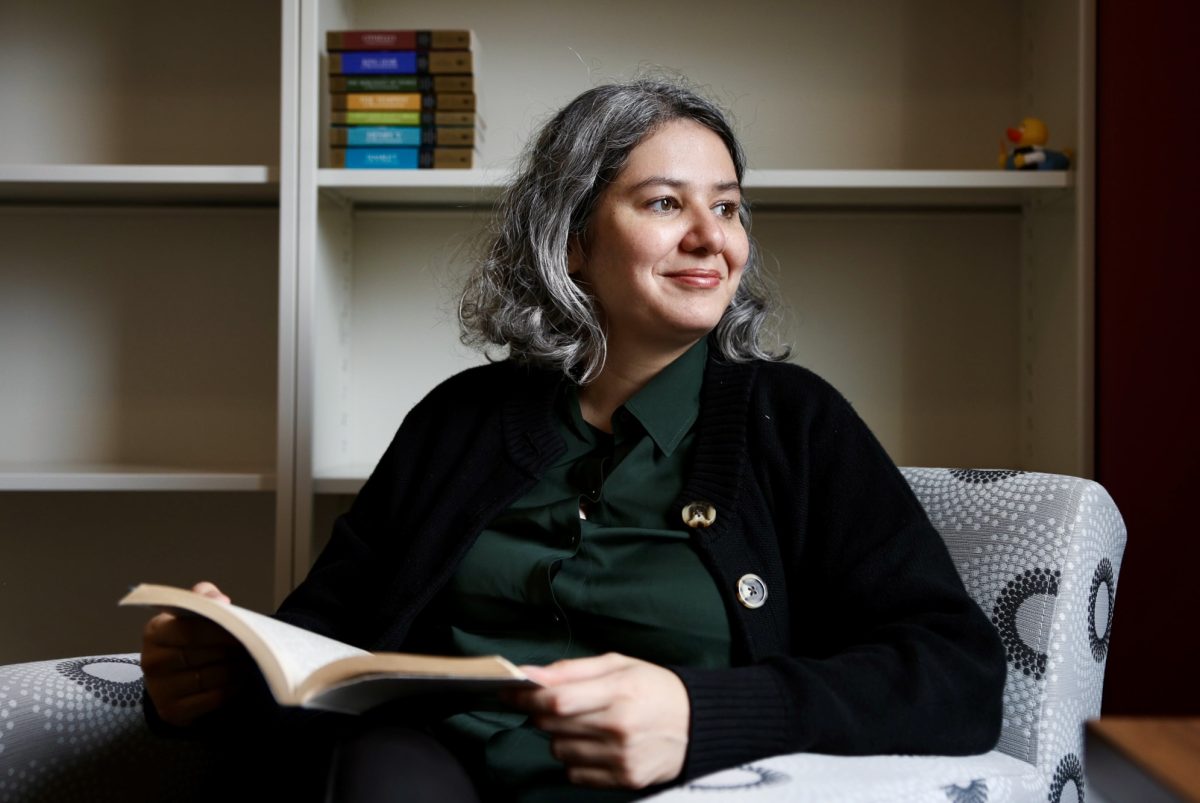
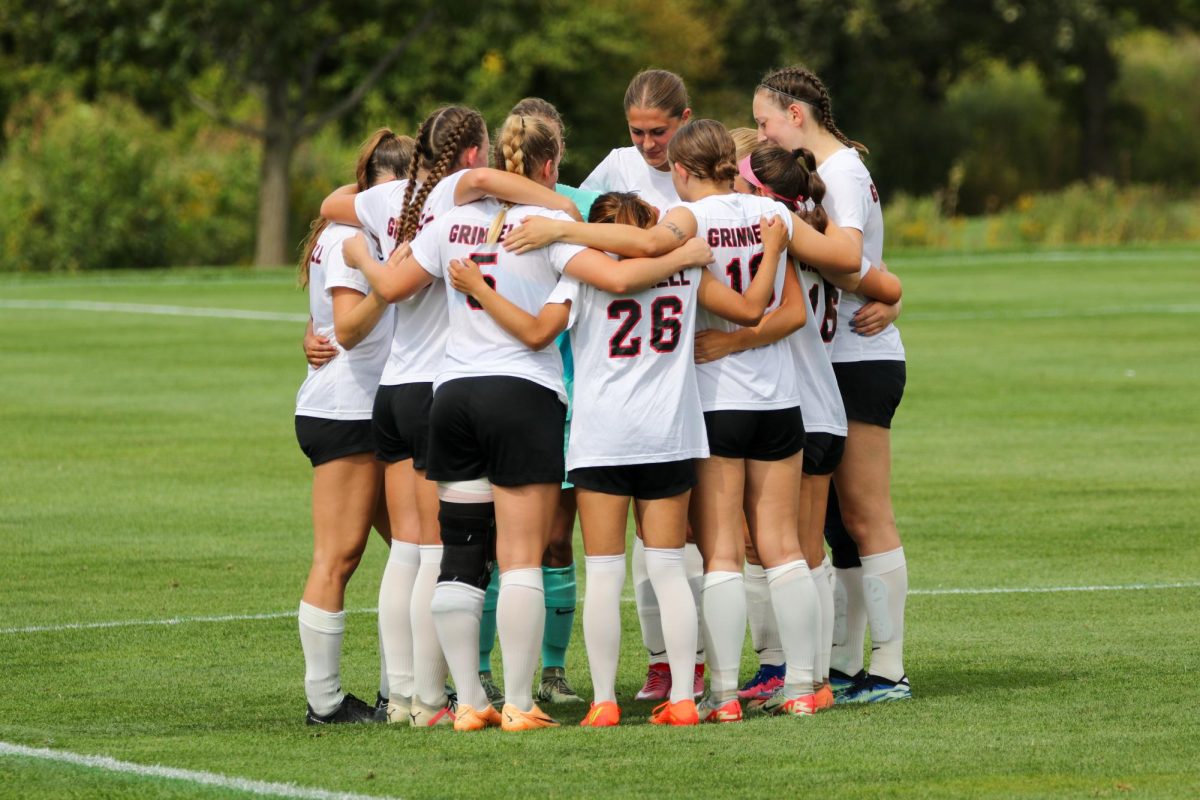
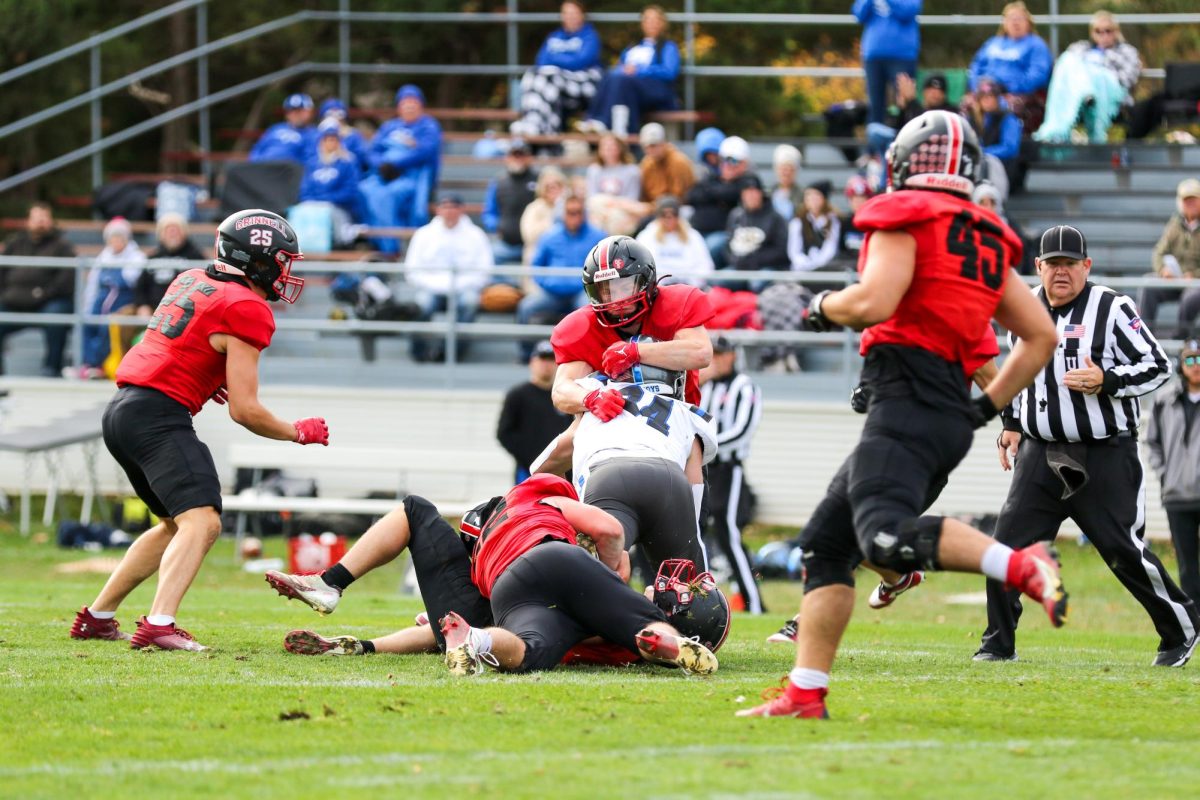
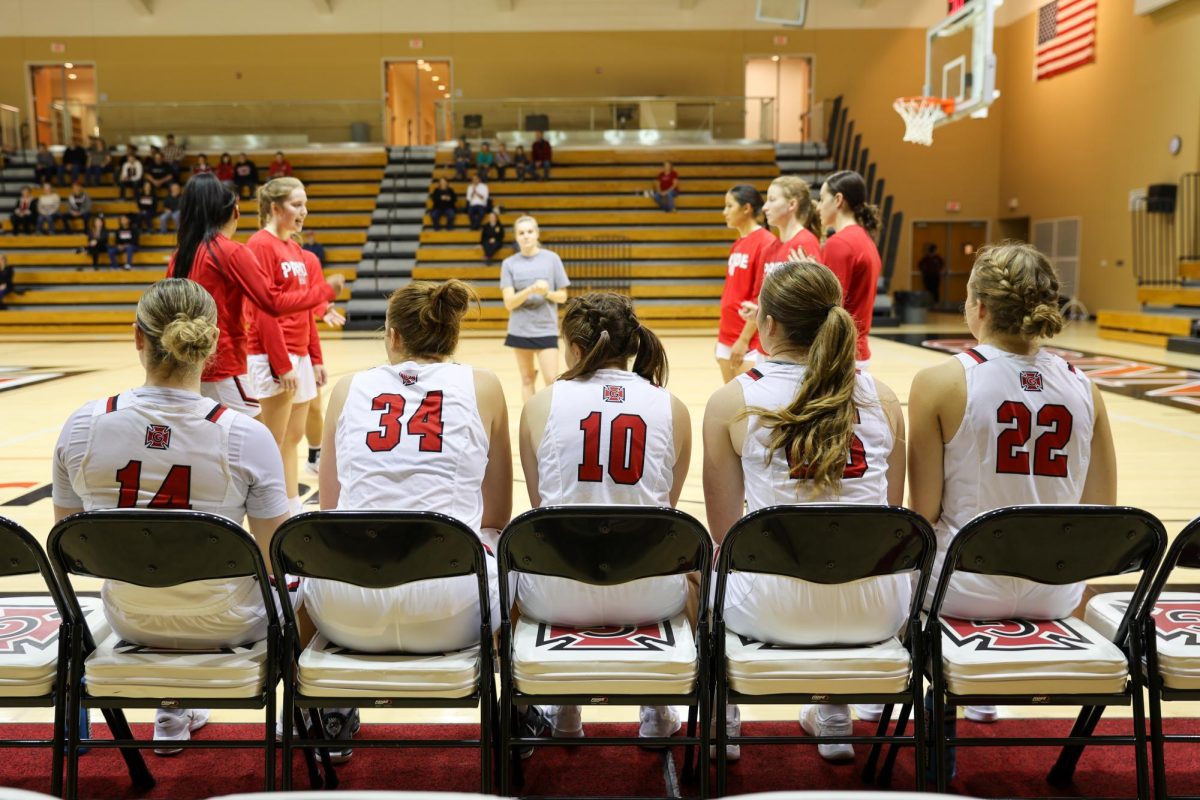





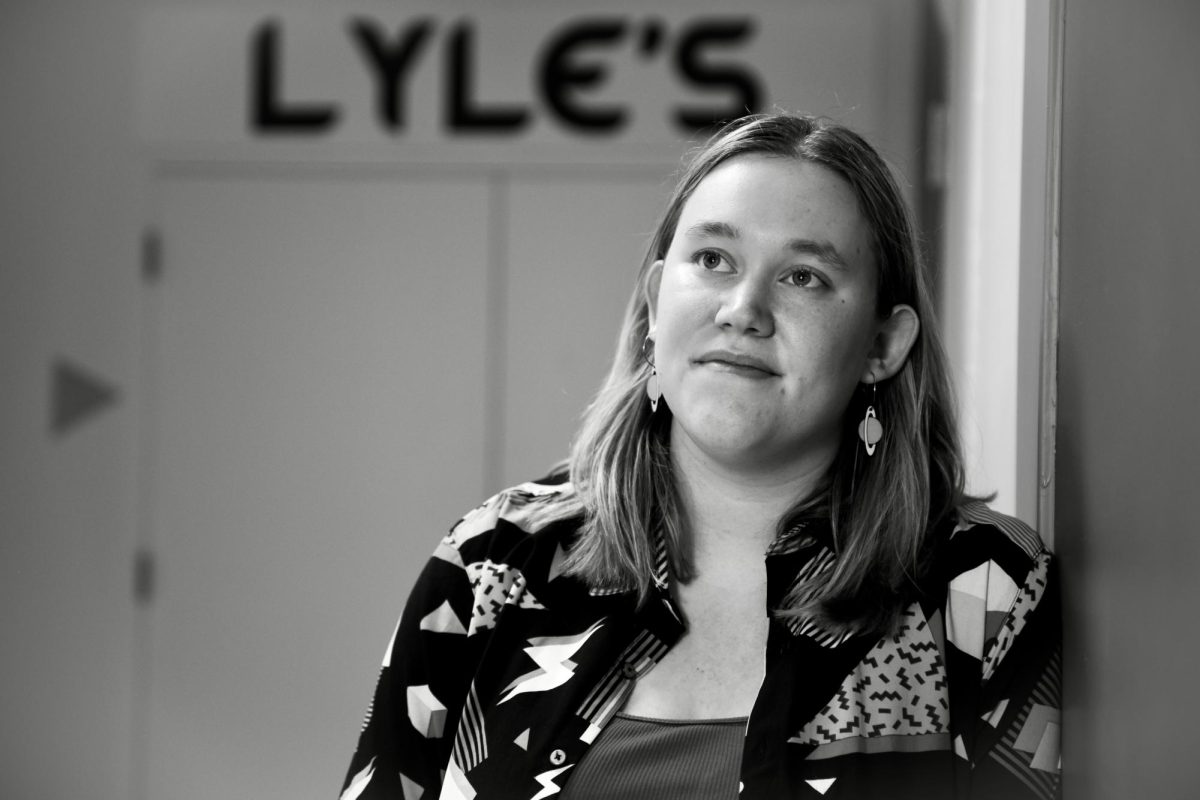



















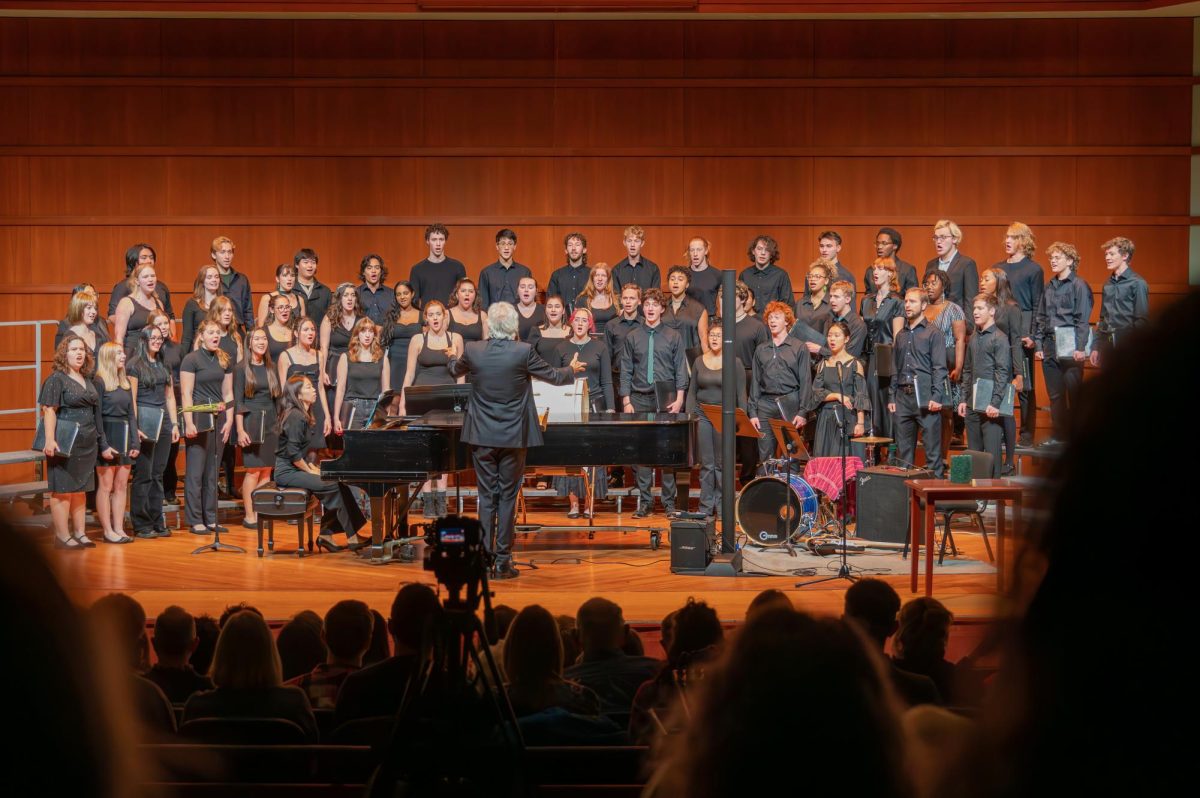
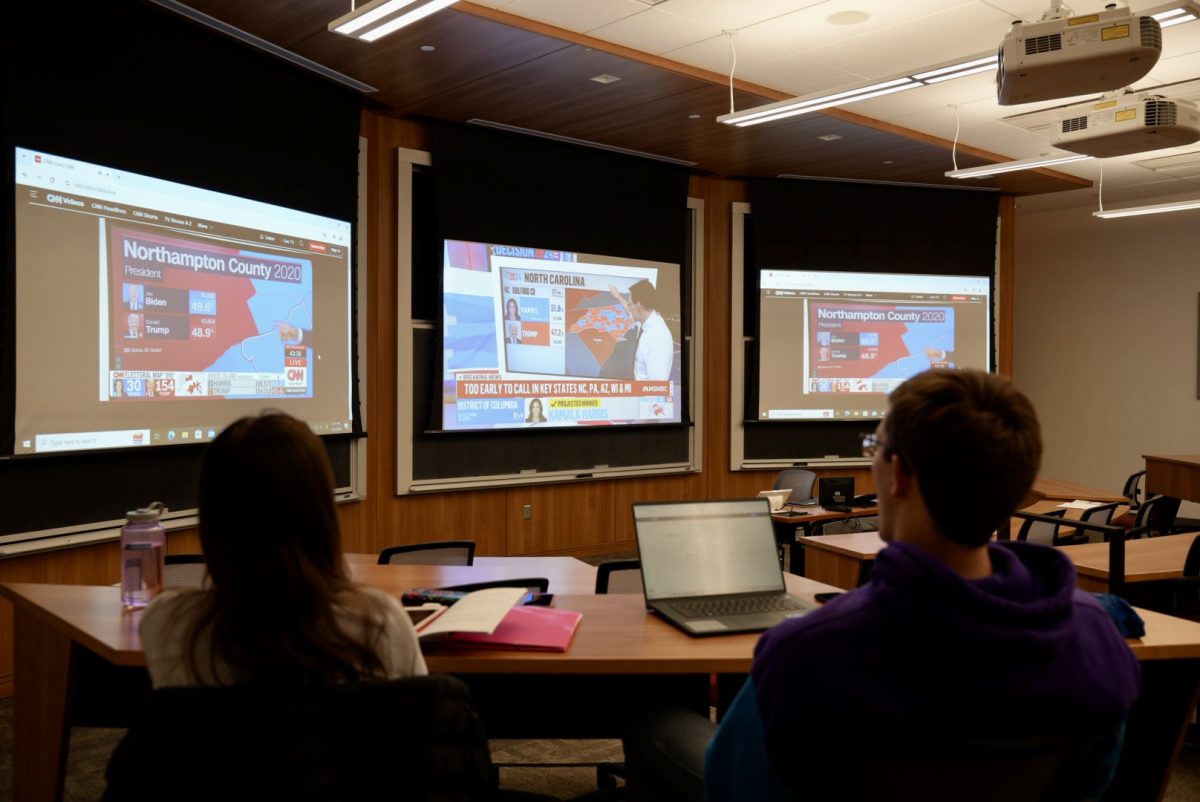



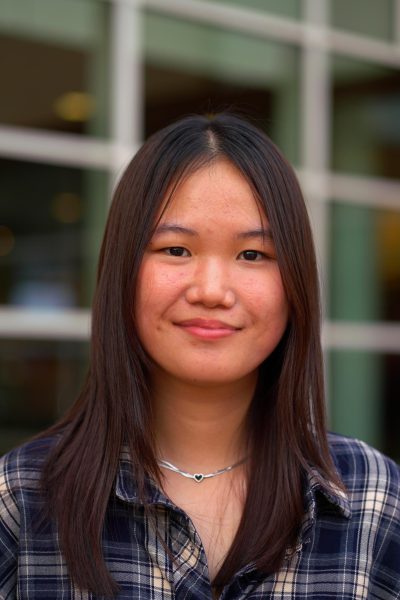
M. • May 3, 2024 at 7:50 pm
The conclusions you draw from the numbers are inflammatory and illogical. You can have this dialogue while also acknowledging Grinnell has a free speech problem.
Jill Petsel • May 2, 2024 at 8:47 am
Thank you for this incredible opinion piece built with facts. I applaud your research and appreciate your digging deeper to challenge the issue of self censorship at Grinnell.